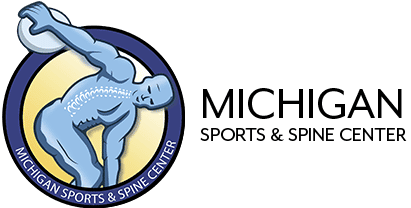Concussion Health
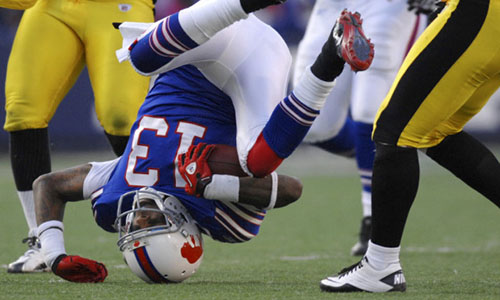
Did you know . . .
- an estimated 1.6 – 3.8 million sports and recreation-related concussions occur in the U.S. each year,
- an estimated 5.3 million Americans live with a traumatic brain injury-related disability (CDC),
- most concussions occur without losing consciousness,
- actually, a loss of consciousness happens in only about 10% of concussion cases.
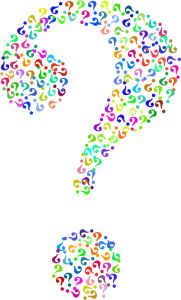
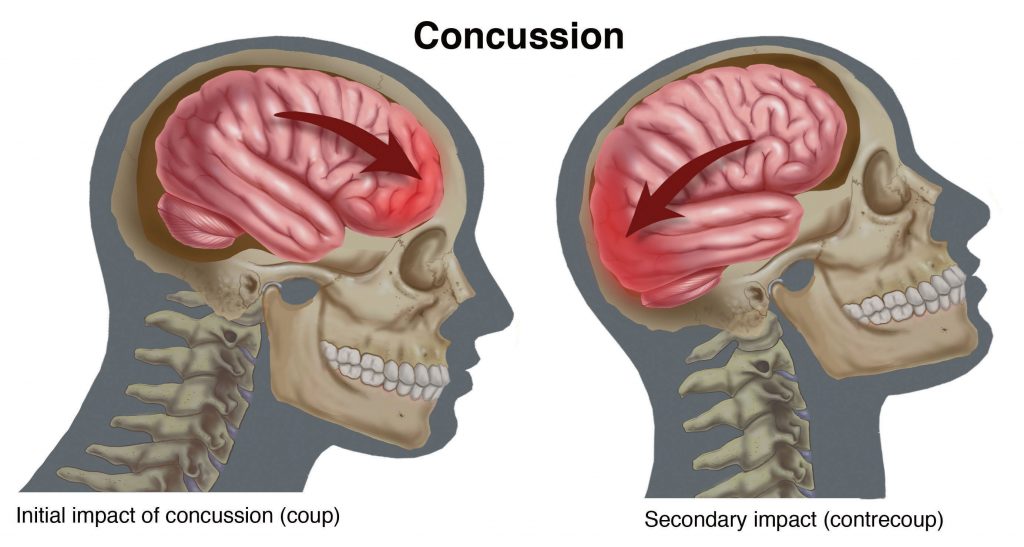
A concussion is a brain injury that results in a temporary or some instances, lasting disruption of normal brain function. A concussion occurs when the brain is violently rocked back and forth or twisted inside the skull as a result of a blow to the head or body.
Concussion symptoms may last from a few days to several months. Some may never go away. Concussions can cause symptoms that interfere with work, school, and one’s social life.

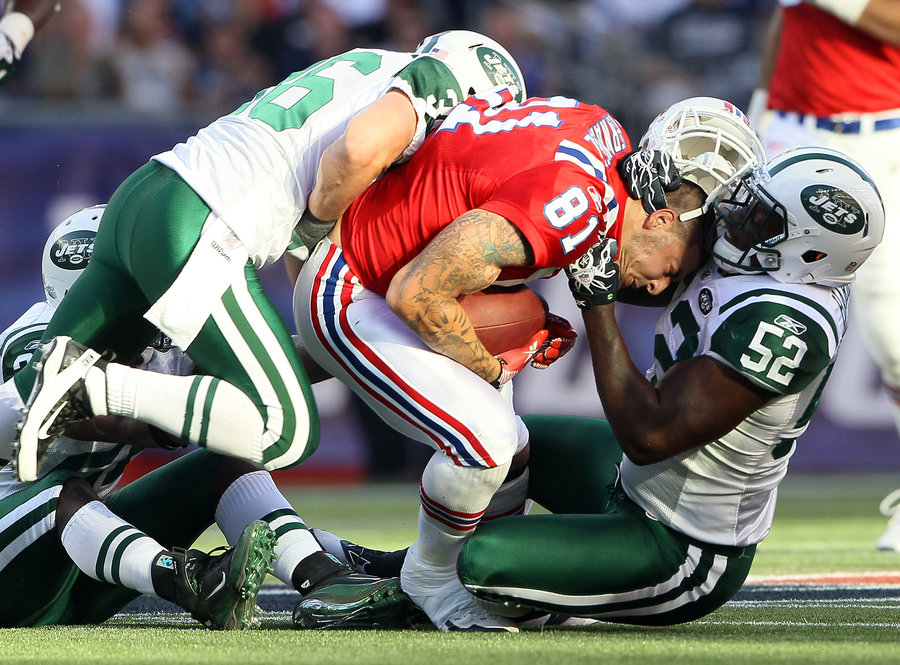
Symptoms of concussions:
- headaches
- dizziness
- confusion
- balance problems
- loss of consciousness
- memory loss
- fatigue
- vision change
- hearing impairment
- mood change
- nausea
- decreased attention
- loss of energy
Leading causes of concussions:
- sports
- falls
- motor vehicle-related injuries
- unintentionally being struck by or against an obstacle
- assaults
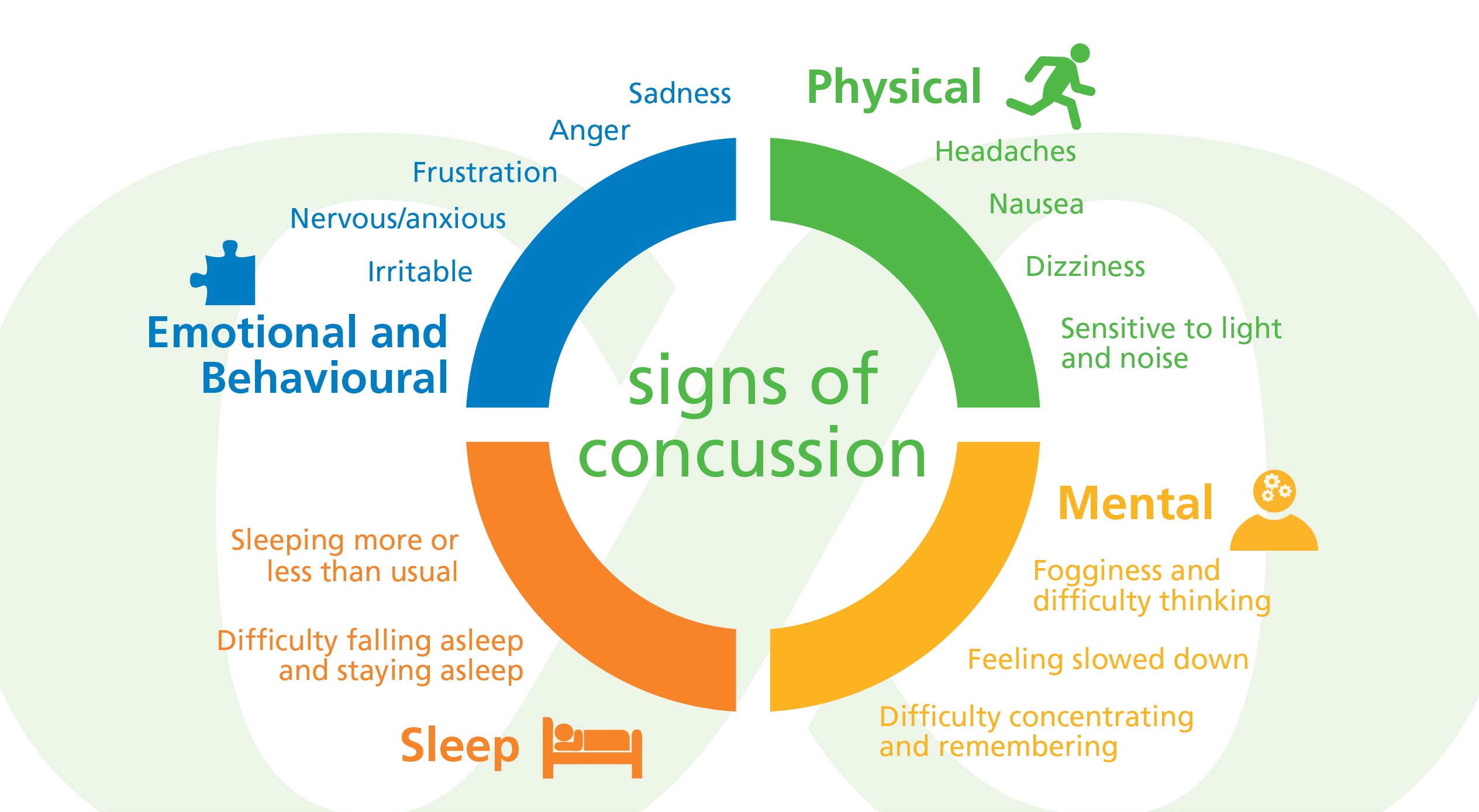
What you need to know about concussions:
- Many people think of a concussion as a sudden, one-time traumatic event, however, a concussion is due to a series of metabolic (biochemical) changes in the brain that are set off by the traumatic event.
- Some people will have obvious symptoms, such as passing out or forgetting what happened prior to the injury. But others will show no signs at all.
- Falls are the leading cause of non-sports related concussions.
- Repeated concussions or a severe concussion may lead to long-lasting problems with movement, learning, or speaking.
- Reports show an increasing number of retired NFL players who have suffered concussions have developed memory or cognitive issues, such as Alzheimer’s, dementia, depression and chronic traumatic encephalopathy (CTE).
- Never return to play or vigorous activity while signs or symptoms of a concussion are present.
- Rest is essential after a concussion because it helps the brain to heal.
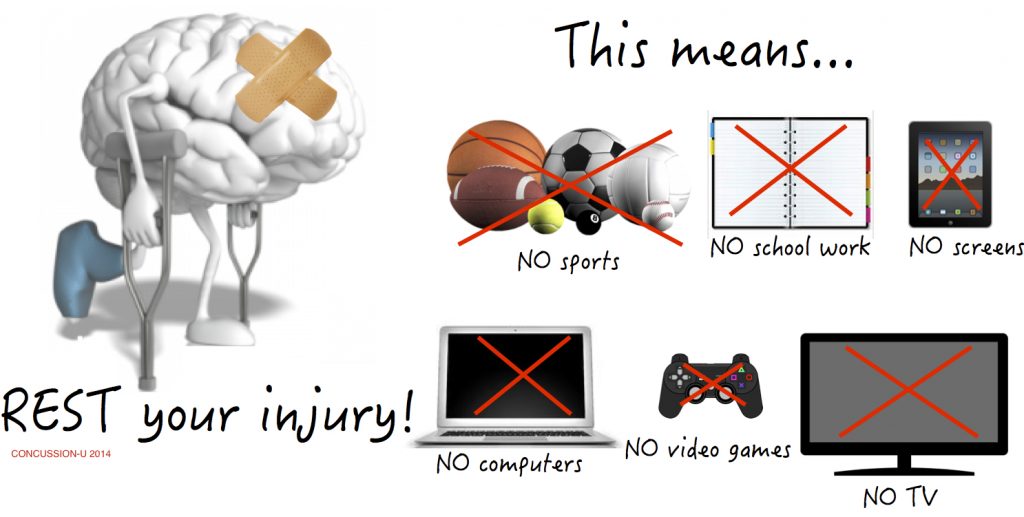
To learn more about concussion health, tune into Inside Sports Medicine on 97.1 The Ticket this Sunday, August 26 at 8 am EST, we’ll have powerlifter, Matt Ogurek in studio.
ABOUT MICHIGAN SPORTS & SPINE CENTER:
We’re innovative leaders utilizing cutting-edge technologies such as musculoskeletal ultrasounds, PRP, stem cell treatment, and other innovative procedures. Michigan Sports & Spine Center is committed to resolving your pain, not simply masking it. We treat the whole body, not just the injury, and perform preventative treatment so your injury doesn’t come back. Our studies prove that Michigan Sports & Spine Center has patient success rates much higher than the national average. We treat everyone from high-profile athletes to your neighbor next door. Our primary focus is getting our patients back into the game of life!
Sources: Centers for Disease Control and Prevention, Popular Science, BrainLine, CNN
